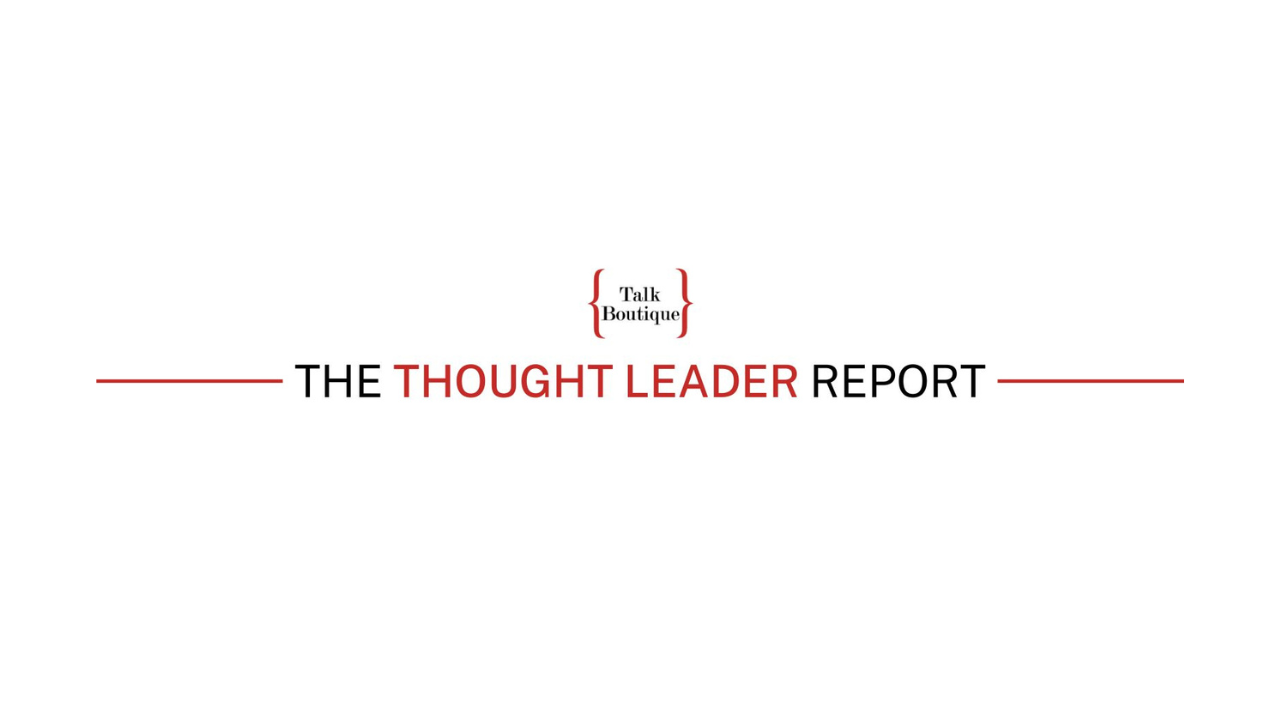Your Voice Is Betraying You: The Hidden Signals You’re Sending
Have you ever walked away from a conversation with the nagging feeling that something was off? Maybe the person was saying all the right words, but something in their tone, their posture, or their expression just didn’t match. You couldn’t quite put your finger on it, but deep down, you knew they weren’t being truthful—or at the very least, they weren’t fully convinced of what they were saying.
That instinct? That’s not just a feeling—it’s your brain reading the subtle, involuntary signals every human gives off.
We all broadcast whispers through our bodies and voices—whether we intend to or not. Our posture, our micro-expressions, the inflection in our voice—these are all telling a story that runs parallel to our words. And when there’s a disconnect? People notice. Even if they can’t articulate why, something inside them registers the inconsistency.
So, if you’re wondering why your message isn’t landing, or why people aren’t fully buying into what you’re saying, I have one question for you: Is your body giving your secrrets away?
The Voice as Truth Serum
Most of us think of our voice as something static—something we were born with, and that’s that. But that’s not true.
Your voice is an instrument, and like any instrument, it needs tuning.
It’s directly influenced by your emotions, your breath, your mindset. Think about the last time you tried to fake agreement in a meeting. You might have said, “I’m fine with that decision,” but what happened in your body? Maybe your shoulders tensed. Maybe your throat tightened ever so slightly. Maybe your voice emerged just a little thinner, a little less resonant.
That’s your body revealing the truth your words are trying to conceal.
And your audience? They might not consciously register those signals, but their subconscious does. They’ll hear the tension. They’ll feel the disconnect. And they’ll walk away unsure of whether they can trust you.
Your breath plays a key role in this. When we’re nervous or uncertain, we tend to breathe shallowly—only from the chest and throat. This limits our vocal range, making our voice sound tight, restricted, even weak. Compare:
- A voice trapped in the throat—thin, reedy, hesitant.
- A voice powered by the diaphragm—resonant, steady, full of conviction.
When your breath is full and grounded, your voice becomes an anchor. It carries confidence. And it reassures your audience that you believe what you’re saying.
The Physiology of Persuasion
Now, let’s talk about your body—because your presence matters just as much as your words.
When nerves creep in, our natural instinct is to speed up—we rush through our words, trying to outrun our discomfort. We fill space with unnecessary chatter, hoping to avoid interruptions or tough questions.
But here’s the thing: speed doesn’t equal confidence. Presence does.
Think about the most compelling speakers you’ve ever seen. They don’t rush. They own the space. They pause for effect. They let their words land.
The pause—it’s the secret weapon of every great communicator.
When you pause, you give your audience a moment to absorb your words. You create anticipation. You demonstrate that you’re in control of the conversation, rather than being dragged along by it.
And it’s not just about your voice. Your entire body tells a story:
- Your posture—Are you standing tall, or are your shoulders caving inward?
- Your gestures—Are your hands reinforcing your words, or are they clutched tightly in front of you?
- Your facial expressions—Are they congruent with your message, or do they tell a different story?
If your body contradicts your words, your audience will believe what they see… not what they hear.
The Authenticity Equation
Here’s the truth: the most compelling speakers aren’t necessarily the most polished. They’re the most authentic.
Authenticity doesn’t mean being perfect. It means being aligned—ensuring that your voice, your body, and your message are all telling the same story.
For me, authenticity means energy, expression, and connection. If you were having a conversation with me right now, you’d see me moving my hands as I speak, my face lighting up with emotion, my voice shifting in tone and pace to match my words. That’s who I am. And when I lean into that, rather than trying to tone it down, my message lands.
What does authenticity look like for you? Maybe it’s quiet confidence. Maybe it’s measured precision. Maybe it’s a deep, steady presence that makes others feel at ease.
Whatever it is—own it.
Because when you speak from a place of authenticity, people don’t just hear you. They feel you. And that’s what creates trust.
Your Choice
At the end of the day, your voice, your body, and your presence are the windows through which your audience decides:
“Do I believe this person?”
“Do they believe themselves?”
“Do I trust them?”
So, I leave you with this:
The next time you speak—whether in a meeting, on a stage, or in a one-on-one conversation—pay attention. Listen to yourself. Feel your breath. Notice your posture.
Because whether you mean to or not, you’re always communicating.
The real question is: Are you saying what you want to say?
I’d love to hear how you use body language to influence your audience. Do you smile frequently? Use hand gestures? Have you ever caught yourself unconsciously shrinking back? Share your thoughts in the comments—I’m genuinely curious!
And if this resonated with you, I’d love for you to send this to a friend or colleague who might benefit from some of the insights in this post.

